Zanzibar academy hosts conference on African music
Throughout history, music has been a crucial means in the representation of power and status, as well as the negotiation of individual and collective identities. Musical practice often functions as a form of social memory, a dynamic field within shifting power relations. The rise of electronic media in recent years has changed and accelerated these dynamics. To better understand this subject, some 50 scholars from around the world met at the Dhow Countries Music Academy (DCMA) in Zanzibar from 10 to 13 June 2015 to discuss the music of Africa and its diaspora at a conference entitled ‘Memory, Power, and Knowledge in African Music and Beyond’.
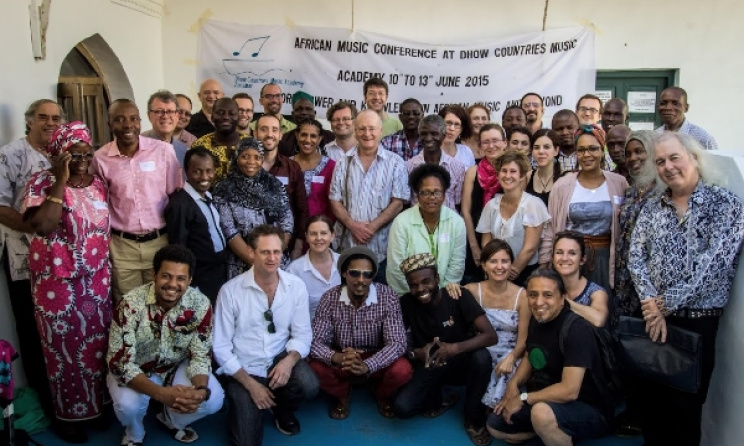 Guests at the recent conference at the DCMA in Zanzibar. Photo: Nicholas Calvin
Guests at the recent conference at the DCMA in Zanzibar. Photo: Nicholas Calvin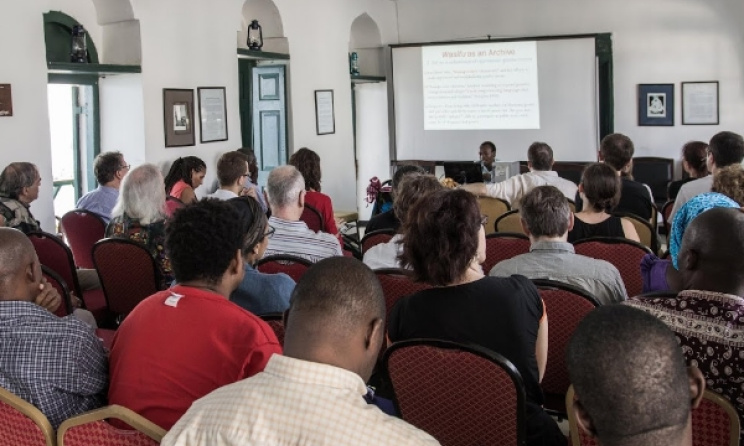 A scene from the recent conference at the DCMA in Zanzibar. Photo: Nicholas Calvin
A scene from the recent conference at the DCMA in Zanzibar. Photo: Nicholas Calvin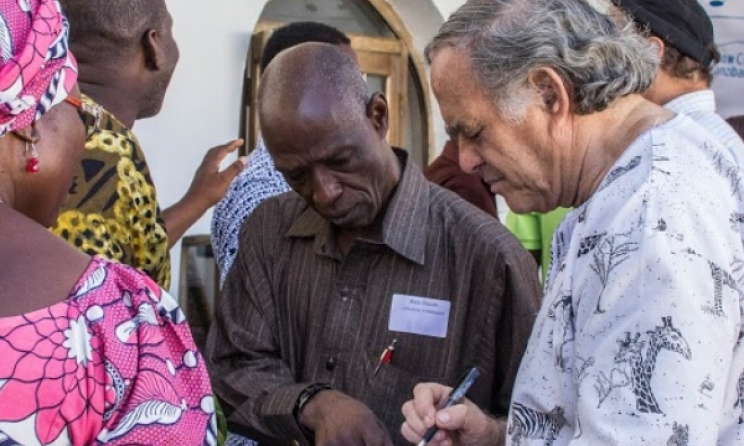 A scene from the recent conference at the DCMA in Zanzibar. Photo: Nicholas Calvin
A scene from the recent conference at the DCMA in Zanzibar. Photo: Nicholas Calvin
The conference was the largest gathering of international scholars in the study of the music of Africa ever to be held in Tanzania and brought together scholars from Tanzania, Ghana, Nigeria, South Africa, Namibia, Kenya, Germany, USA, Canada, UK and France.
The conference explored the nexus between memory, power and knowledge in the music of Africa and its diaspora, from both historical and contemporary perspectives. These explorations included the history and politics of sound archiving and scholarly practices as much as intersections of memory, power and knowledge in musical performance itself. Scholars are themselves deeply implicated in the intersection of memory, power, and knowledge, and were encouraged to constantly question their work and reflect on the implications of academic research.
This trans-disciplinary conference was co-organized by the Center for World Music (CWM) at the University of Hildesheim (Germany), the Department of Music & Dance at the University of Cape Coast (Ghana), the Department of Education at the University of Maiduguri (Nigeria) and the African Music Archives (AMA) of the Department of Anthropology and African Studies at the Johannes Gutenberg University Mainz (Germany).
It served as a conclusion to the research project ‘The Formation and Transformation of Musical Archives in West African Societies’ that has been funded by the Volkswagen Foundation since 2009. More details about this project in the video below:


















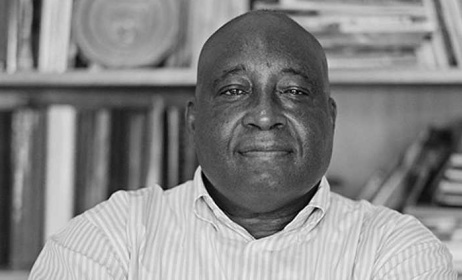
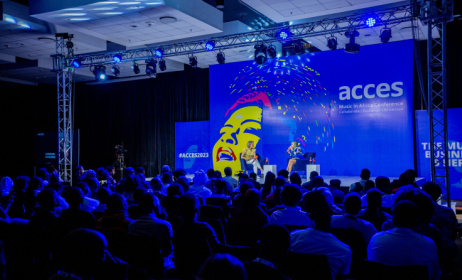




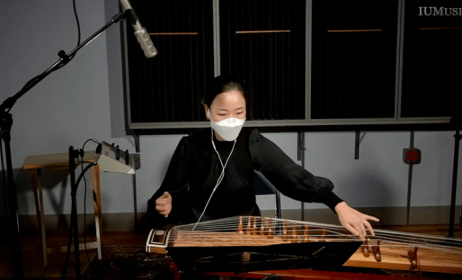

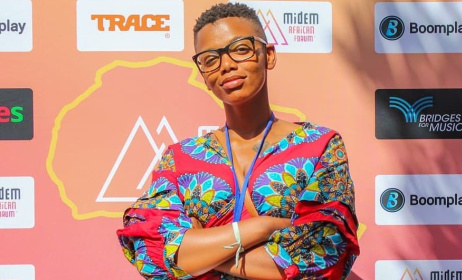
Commentaires
s'identifier or register to post comments